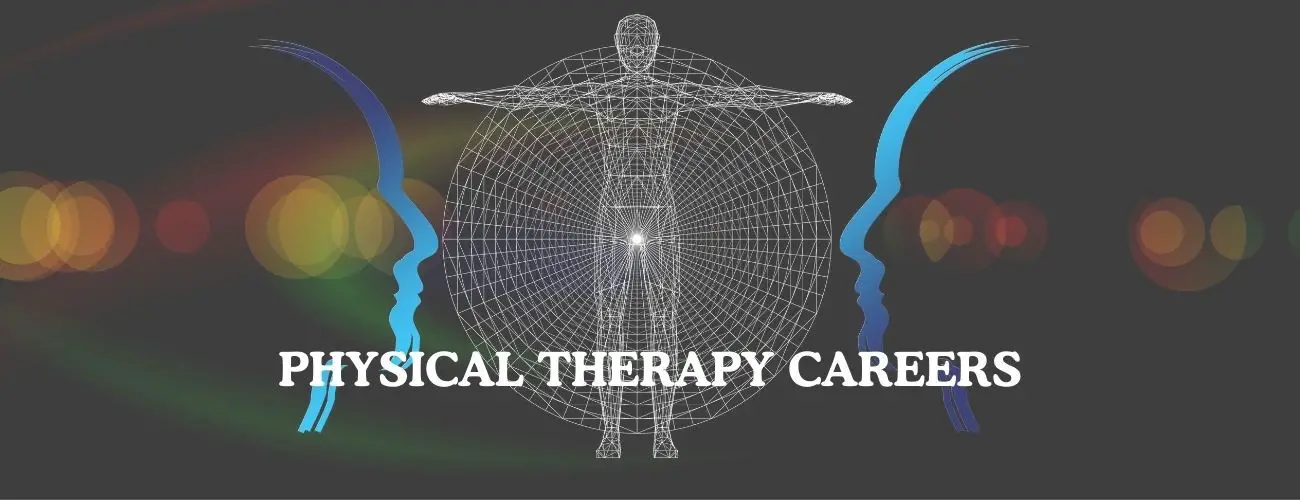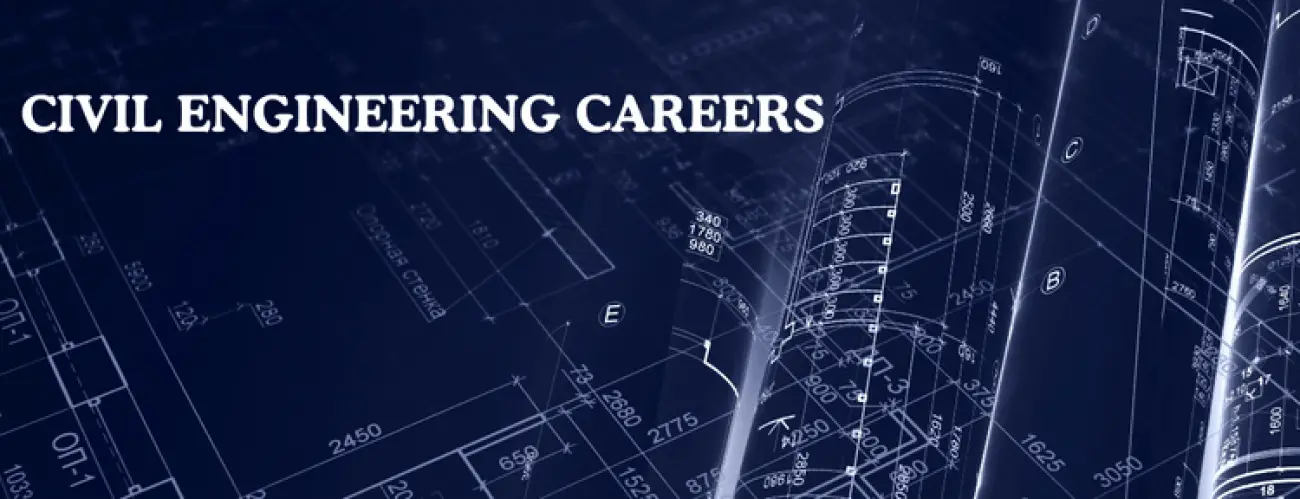Pharmacist Technician Education Requirements
This article provides an overview on the basic requirements to become a pharmacist technician and also the key skills necessary to excel in this career.
Updated by Rakshitha.N on 15th September 2020
In the booming pharmaceutical industry, there are additional opportunities for healthcare professionals who are specialized in concepts related to pharmacy. A pharmacy technician is important in the industry due to the roles and responsibilities played by them such as addressing the customer calls, connecting customers to pharmacists to get their queries cleared, inventory management, insurance claims, and other technically related roles to manage the functioning of the pharmacy.
The requirements for a pharmacist is wide and also varies from every other state, hence it is also best to design the career path to become a pharmacy technician to get well qualified and meet the state conditions to work efficiently. To understand better this article explains the various educational and career requirements you need to meet.
Educational Requirements for a Pharmacist Technician
Particularly, there are no specific education requirements to become a pharmacy technician. However, the minimum required education level is a high school diploma or an associate’s degree or equivalent certification. Employers in this field prefer to hire candidates who are formally trained.
Based on your interest, you could also choose to complete pursue courses regarding chemistry, anatomy, and biology or certification to gain a wide knowledge of medications, pharmacy procedures, pharmaceutical terminology, and pharmacy law.
High school diploma
A high school diploma like GED is a program designed to help you prepare for future education and to take up PTCB- Pharmacy Technician Certification Board and the courses concentrated under this program are Pharmacology, Pharmacy billing, Pharmacy law, Pharmacy practice, and other related ones.
Associate's Degree
An associate's degree is a two years program that is best for candidates who want an entry-level job in the industry. The program is flexible and can benefit in transferring credits easily to speed up graduation. Also, this program covers a wide range of topics at the surface level necessary to land on the job. Some are Medical terminology, Pharmaceutical calculations, Pharmacology, Medication safety, Institutional and community pharmacy.
Prospective students can take up an associate’s degree in
-
Associate of Science (AS)
-
Associate of Applied Science (AAS)
-
Online Associate's degree
Certification
To become a pharmacy technician, taking up the certification exam is important to demonstrate your skills and knowledge. The certification exam is held by the Pharmacy Technician Certification Board (PTCB) and the National Healthcareer Association (NHA) which you can choose according to the state requirements.
After gaining the certification, you are required to continue education for 20 hours every two years. The certification to earn can be based on a specialization such as compounding, chemotherapy, and sterile products.
Online programs
Online pharmacy programs are similar to traditional programs to provide the necessary education at a flexible schedule and affordable cost. With the increasing demand for pharmacy technicians, online programs have increased to meet the necessities of the growing field.
Choosing the online programs could be tracked, use these tips to choose the programs
-
Ensure that the program is accredited by the Accreditation Council for Pharmacy Education (ACPE)
-
Look for colleges that offer good formal education as well as externship opportunities for your advancements
-
Choose the ones which give you a chance and exposure to writing the certification exam which helps in national recognition.
Experience
Gaining experience is key and you can obtain it by attending an internship program to learn under the guidance of an experienced pharmacy technician. Also, formal training programs are a good source of getting experience, i.e, getting a part-time job, on-the-job training, workshops, seminars, conferences give you exposure to enhancing your skills, methods of working as well as understanding the roles and take up responsibilities.
Skills required
-
Attention to detail
-
Good communication skills
-
Management skills
-
Technically sound
-
Strong interpersonal skills
-
Computer knowledge






61.png)
